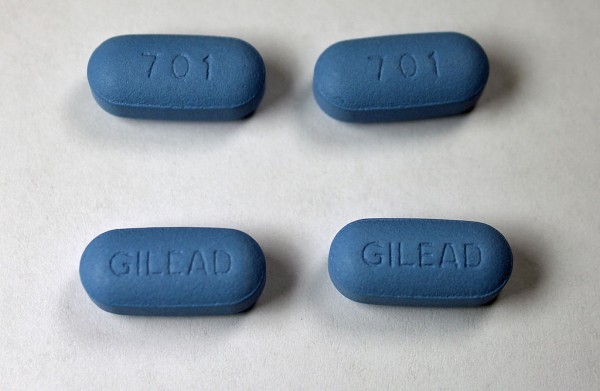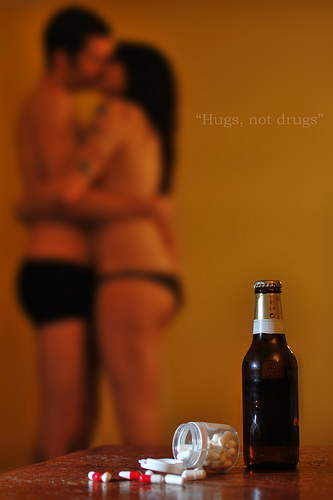We’re Not Crazy For Doing This: Sex Workers With Mental Illness

Most people have some form of a lurid narrative about drugs, exploitation, childhood abuse, and mental illness come to mind when they imagine the life of a sex worker. However, sex workers’ relationships to their identity are far more complex and difficult to characterize than that trite narrative allows for. When it comes to sex workers who do live with the stereotypical trope of also having a mental illness, it becomes even more essential to uncover what these sex workers themselves have to say about their lived experiences of that mental illness and sex work.
People diagnosed with mental illness frequently have their decisions invalidated and undermined by the dominant culture. Many individuals who do not have much experience with mental illness will attribute any socially unacceptable behaviors to “mental illness.” In much the same way, people who have never been in the sex industry tend to sideline the decisions of sex workers by inferring that trauma or abuse must have predestined them to a life in the sex industry. When people who are neither mentally ill nor in the sex industry say these things, they are robbing us of our ability to exert agency.
Amber, a full-service worker from Washington DC, states, “I very strongly believe that the way that society treats sex workers, mentally ill people and other marginalized communities (that often intersect)…[is] based on kyriarchal/patriarchal, colonialist, and capitalist systems of control. In order to treat marginalized people better, I think we all have a lot of work to do regarding the unlearning of certain stigmas and stereotypes.”
The presence of stigma is one the key aspects of institutional violence keeping communities and individuals subjugated. It proliferates because it benefits those in power in this way. Stigma creates legal and moral justifications for the criminalization of sex work in America. It also creates an environment in which mentally ill people can be stripped of their rights through court-ordered institutionalization, coerced medication, and the assignation of relatives as proxies to control them legally and financially. The disqualification of the decision-making abilities of communities on the margins is a weapon of the oppressor.
Tara Johnson, a stripper from Portland, Oregon, elaborates on the ways in which decision making can be invalidated based on association with the sex industry, especially if one also has a diagnosis of mental illness: “Just because I’m (sometimes) crazy, doesn’t mean I’m wrong. My sex work was not me acting out, or indulging in yet another form of self-harm. It was nothing that entitles people to belittle my full humanity. It’s nothing that automatically means that mentally ill sex workers, especially ones who may have other issues too (drug use, etc.) should automatically be deprived of the rights that privileged, able-bodied civilians are entitled to.”
Sex work is not a dysfunctional behavior stemming from our disease. Rather, it is often the best choice we can make to adapt to our mental illness. In truth, many people with mental illness find sex work helpful in a variety of ways as an occupational choice. It gives us a less rigorous schedule which allows for more emotional instability. Sex work can also affirm us as something we can excel at when mental illness has hindered our success in more traditional pursuits.



